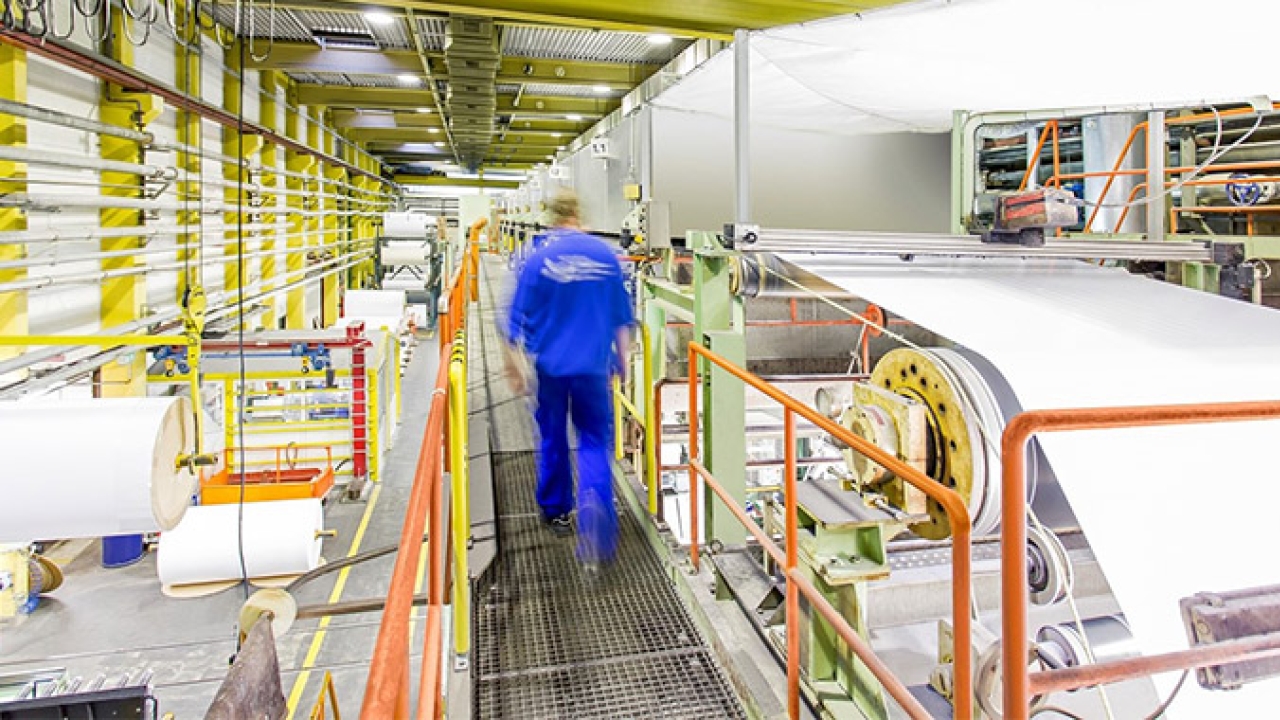Energy Efficiency Network reduces CO2 emissions by 36,000 tons
Mitsubishi HiTec Paper, and 13 other companies from the chemical and paper industry in the German North Rhine-Westphalia region, has saved a further 113 million kilowatt hours of energy, minimizing the carbon footprint by 36,000 tons.

The cooperation under the name of Energy Efficiency Network ChePap Rhein-Ruhr has again drawn a positive balance. After considerable energy savings achieved through close cooperation between 2016 and 2018, the second period from 2018 to 2020 also produced positive results with the 14 companies.
In addition to the 158-million-kilowatt hours of energy saved per year from the first term, additional 113-million-kilowatt hours per year have now been saved. The savings from the current round correspond to a CO2 reduction of 36,477 tons per year, constituting to the CO2 footprint of 3,500 German citizens.
This great success shows that it is worthwhile to approach and implement innovations as part of a network. Many savings have been implemented in energy-intensive industries such as the chemical and paper industries for years. However, further synergies can be achieved through mutual exchange between companies and industries. The energy efficiency network initiative of the federal government with business associations offers an excellent basis for this.
Hans-Jürgen Mittelstaedt, managing director VCI NRW, said: ‘The large savings again clearly show how valuable the network continues to be for the companies represented. We are therefore planning to extend ChePap for a further two years. In the near future many companies will have to start working towards greenhouse gas neutrality. It is important to be able to discuss ideas and possible solutions with colleagues in the network. I am looking forward to ChePap III.’
‘The exchange beyond industry boundaries offers a decisive added value for the participants,’ added Martin Drews, managing director of the Paper Association of North Rhine-Westphalia. ‘Companies from the paper industry can benefit from innovative savings opportunities and business ideas from the chemical industry and vice versa. We therefore welcome the continuation of the successful cooperation in the coming year.’
Gerd Finkenhofer, energy manager at Mitsubishi HI Tec Paper, concluded: ‘In addition to the specific energy-saving goals and results that are required for the national energy transition to succeed, I particularly value the cross-sector networking. This year, all energy-intensive companies had to convert their energy management systems to a revised standard in accordance with DIN EN ISO 50001: 2018. Targeted specialist presentations at our network meetings and the forum for exchange were therefore of great importance to me. At the beginning of October, we were able to successfully implement the desired recertification of the energy management system, which was first certified in 2011.
Stay up to date
Subscribe to the free Label News newsletter and receive the latest content every week. We'll never share your email address.

